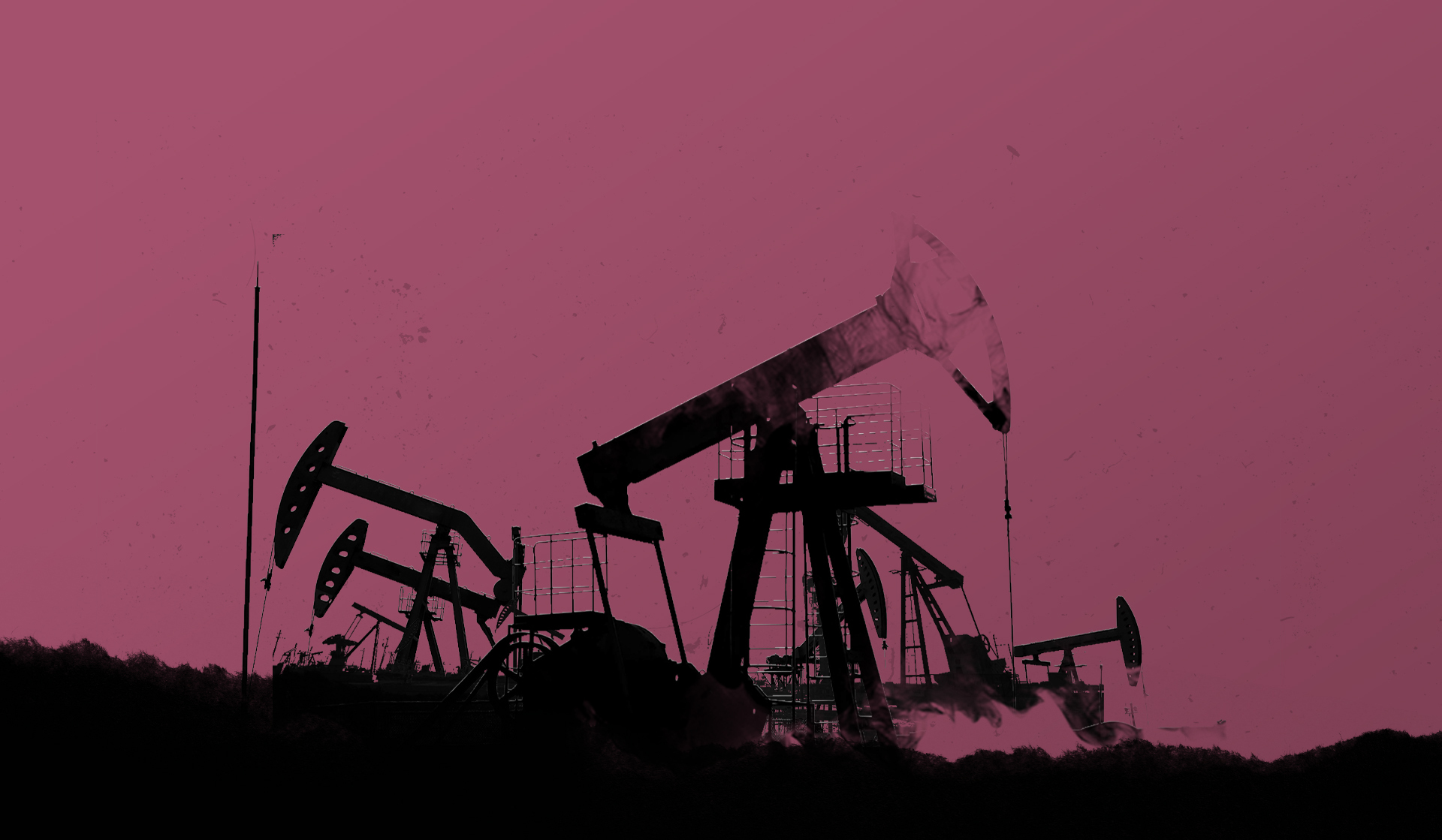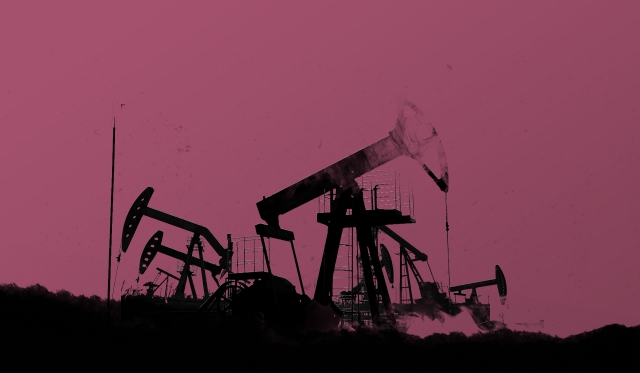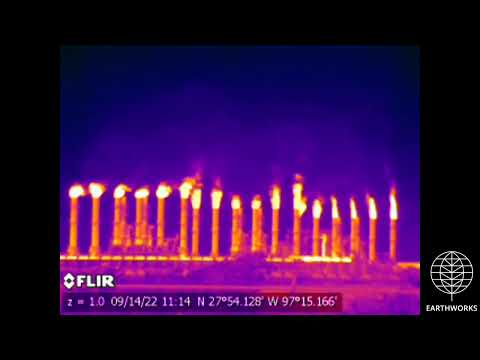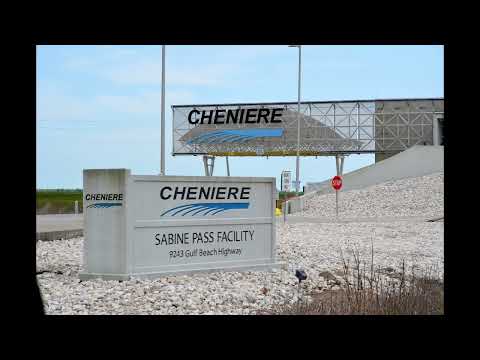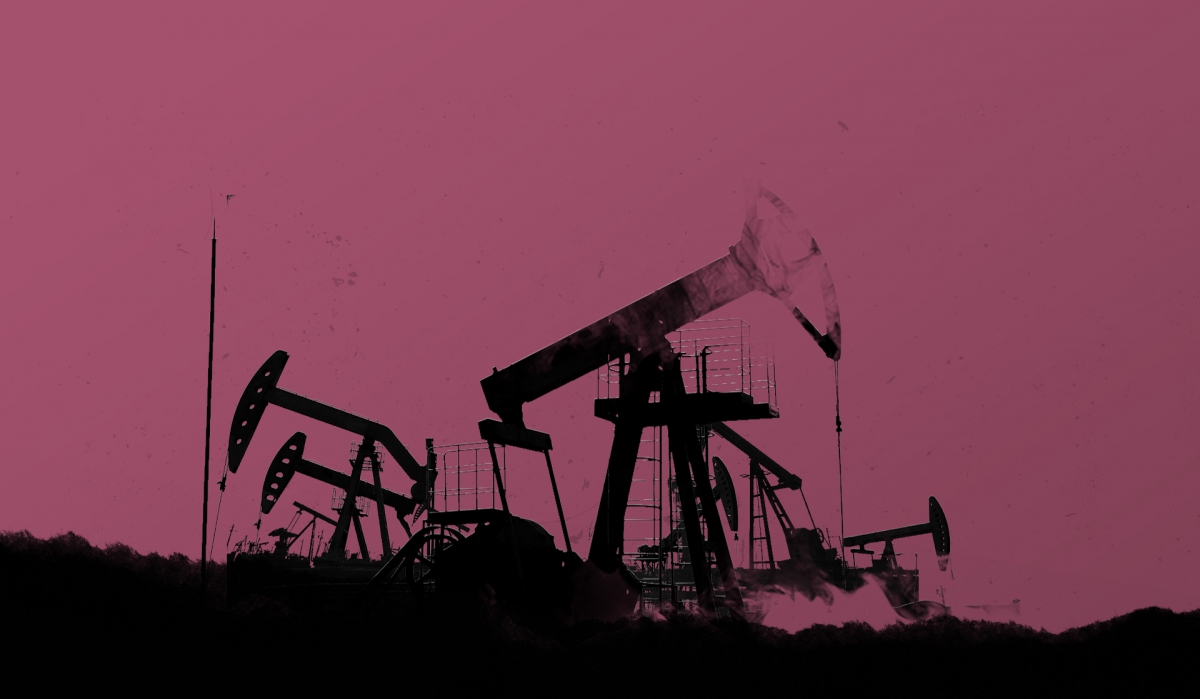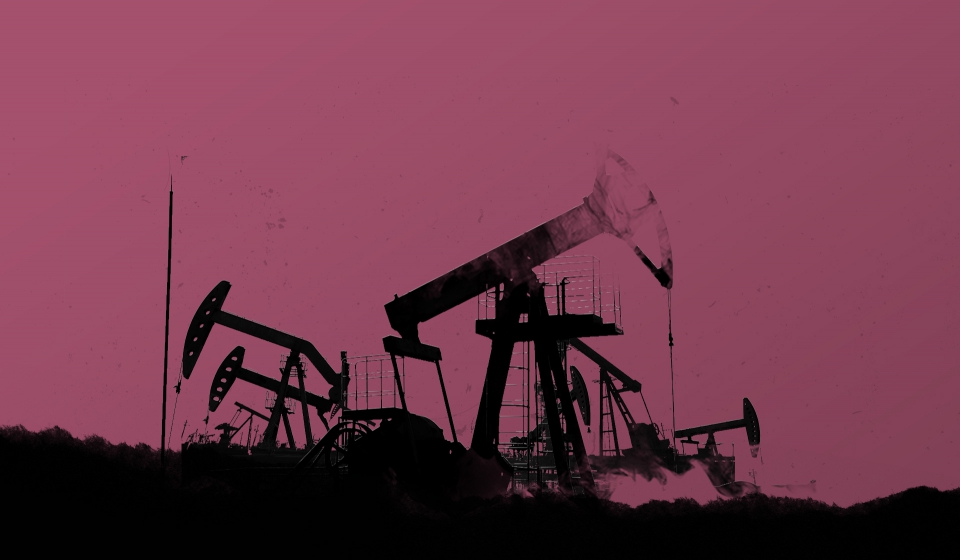The first investigation unveils the plans to lock Europe into redundant new gas infrastructures and ongoing LNG flows from the US via a Belgian gas operator with LNG import and worldwide export terminals in Belgium, France and plans for expansion in other countries, with public money.
Since the eighth Energy Council between the United States and the EU Commission in 2018, LNG exports from the US into Europe and the UK increased by 1749%, and the import of US LNG into Europe surged in 2022. Europe’s gas demand has not been increasing however, and is expected to decrease. But even in a business as usual scenario where the EU gas demand remains the same, the announced LNG expansion projects will add a bigger capacity than Europe needs, resulting in costly, underutilised terminals.
Our report exposes the truth behind the corporate and political push for more fossil gas imports from the US to Europe, and undermines the social licence of gas: it is dirty, toxic, not needed and not wanted.
The report includes facts and figures on the imports of gas from the US; reveals the contracts and their duration, include case studies, the finances including profits, impacts on communities and maps illustrating the flows.
